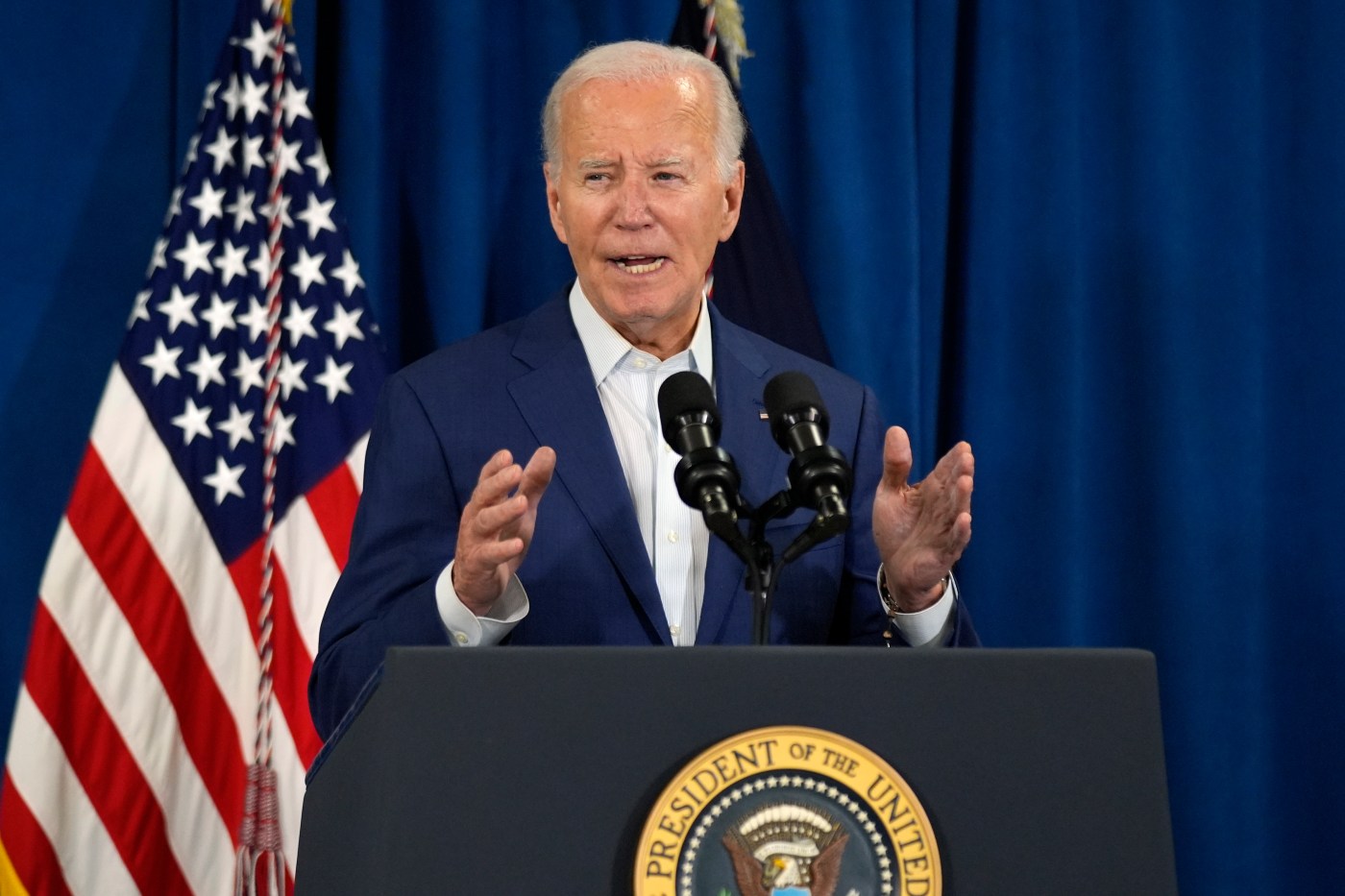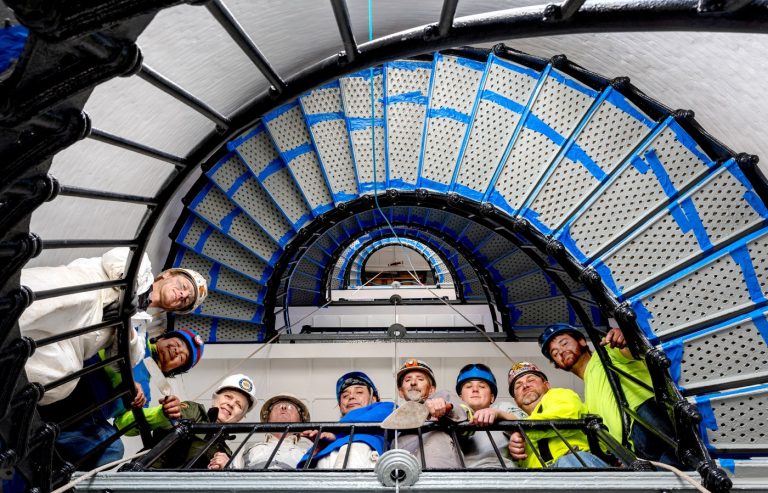President Joe Biden on Tuesday announced a new proposal to cap rent increases for many apartment buildings nationwide, a plan cheered by Bay Area tenant advocates but one that landlords and experts said could exacerbate the region’s chronic housing shortage.
Biden unveiled the proposal that would require approval by Congress, following an earlier pledge during his State of the Union address in March to rein in soaring housing costs across the country.
“Rent is too high and buying a home is out of reach for too many working families and young Americans, after decades of failure to build enough homes,” the president, fresh off a disastrous debate performance and looking to shore up support among Democratic voters, said in a statement. “I’m determined to turn that around.”
Under the plan, landlords would either need to cap rent hikes at 5% a year or lose out on federal tax breaks. The rule, which would last through the end of 2026, would only apply to landlords who own more than 50 apartments. That works out to an estimated 20 million units, almost half the country’s rental market, officials said.
It was unclear how many Bay Area apartments, many of which are already subject to state and local rent control laws, would be covered by the federal cap.
The proposal, coming as Biden trails former President Donald Trump in the polls, is unlikely to get serious consideration during an election year. And even as high housing costs have become a growing concern for voters nationwide, Democrats would likely need to win control of the White House and both chambers of Congress in November for the plan to have a chance at becoming law.
Still, local advocates, who’ve long railed against corporate landlords for what they describe as unfair rent hikes, lauded Biden’s plan.
“In the Bay Area, where the housing crisis is acutely felt, these measures are crucial,” Kate O’Hara, executive director of the East Bay Alliance for a Sustainable Economy, said in a statement. “We need robust rent control policies to protect our communities from the predatory practices of corporate landlords.”
“I think it would help renters nationally,” agreed Donel Fontil, a renter in Contra Costa County “I absolutely support the proposal.”
According to researchers with the Bay Area Equity Atlas, nearly half of renters in the region spend more than 30% of their income on rent, classifying them as “rent-burdened” by federal standards. The median cost of an apartment available for rent in the region tops $2,500 a month, according to data from Apartment List.
Even so, Bay Area rents haven’t spiked nearly as quickly as in the rest of the country as inflation has taken hold, in part due to the region’s roughly 3% population decline since the start of the pandemic. In June, local rents rose 0.6% from the same time last year, compared to 5.1% nationwide, according to federal data.
How big an effect Biden’s rent cap would have on Bay Area renters would largely depend on whether their city already has a local rent control law on the books. The region’s three major cities, San Jose, Oakland and San Francisco, all have rent restrictions, as do a handful of smaller cities, including Richmond, Mountain View and East Palo Alto.
While most of those rent caps are at least as strict as the proposed 5% federal limit, California law mandates that local rent control can only cover older apartment buildings. Biden’s plan, however, would appear to cover many newer units. It would only provide an exemption for new construction.
A state law enacted in 2020 also caps rent increases for older apartments in California at 5% plus inflation or 10%, whichever is lower.
The California Apartment Association, which opposes Biden’s plan, said adding additional renter protections would only further discourage developers from building more housing. Experts agree the state needs many more homes for people across a range of income levels if it hopes to bring down housing costs.
“Rather than implementing a policy that has been shown to make housing shortages worse, leaders in Washington, D.C., should focus their efforts on ideas that will help fight our housing crisis,” said Tom Bannon, CEO of the association, in a statement, pointing to increasing federal rental subsidies and tax incentives for home builders.
Opponents of rent caps also cite research showing such restrictions can reduce the number of available apartments and diminish overall affordability as tenants stay in rent-controlled units longer and some landlords decide to stop leasing properties.
“Rent control is not a particularly effective way to help the families who need help with living expenses,” said Kelly Snider, a professor at San Jose State University’s Department of Urban and Regional Planning. “It’s sort of like a thin blanket that covers everyone when really you want thick blankets for the people who need it.”
Biden’s proposal comes as local advocates have launched campaigns to put rent control on the November ballot in Berkeley, Redwood City, San Pablo, Pittsburg and Larkspur. At the state level, voters will be asked whether to repeal the law that prohibits cities from enacting rent control on newer apartment buildings and single-family homes.
Snider said it was encouraging to see the president now also bringing housing policy up for debate after the federal government has largely ignored the issue in recent decades.
“Anything that gets the conversation to go a little bit deeper is not a bad thing,” she said.
Tom Li contributed reporting.












